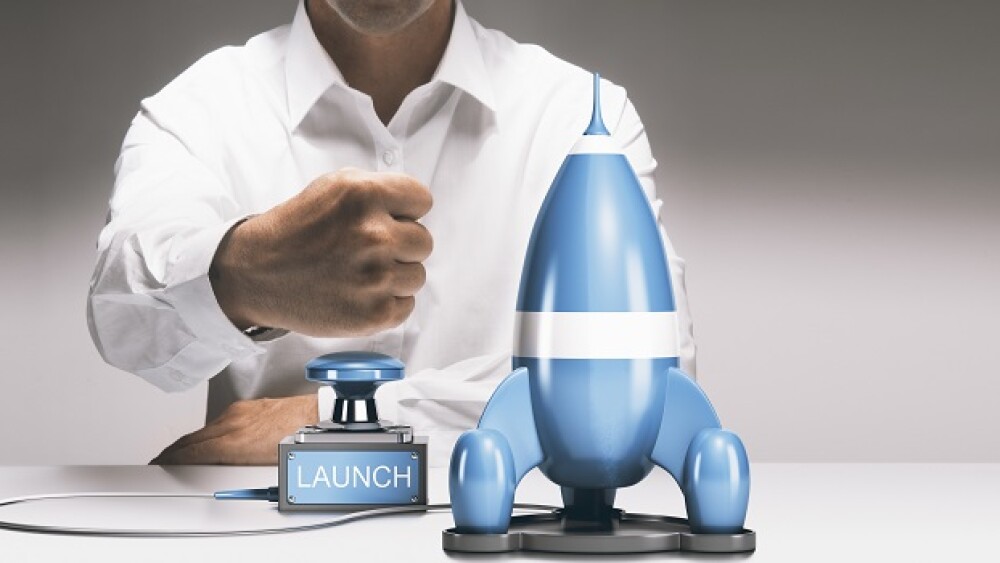Torque Therapeutics, a biotech company in Cambridge, Massachusetts, announced its high-efficiency T-cell manufacturing process called Slipstream.
Torque Therapeutics, a biotech company in Cambridge, Massachusetts, announced its high-efficiency T-cell manufacturing process called Slipstream. The process is currently in place at the University of California Davis to manufacture Deep-Primed T-Cells to be used in the company’s first clinical trial.
Slipstream, the company states, is designed to act as modular “compact factories” in both large-scale and decentralized manufacturing settings. It even has the potential to move cell manufacturing closer to the point of care. Under current standards, when a patient undergoes CAR-T therapy, the patient’s T cells are shipped to the company offering the product, where it is engineered to respond specifically to the patient’s cancer, and then shipped back to the patient’s physician. The physician then transfuses the engineered cells back into the patient. This is a process that can take up to two weeks. By having the actual manufacturing process at closer locations, it has the potential to decrease the time involved.
“Torque’s cell manufacturing strategy is a critical aspect of our mission to dramatically expand cell therapy cures for cancer,” said Bart Henderson, Torque’s chief executive officer, in a statement. “The Slipstream manufacturing process is based on a robust, closed system that surpasses conventional cell therapy manufacturing techniques used for currently marketed T-cell therapy products—Slipstream is readily scalable, requires a substantially smaller manufacturing footprint, and is less capital- and labor-intensive. We are pleased to announce this innovative system and our collaboration to build out Slipstream with the UC Davis team led by Gerhard Bauer—one of the country’s premier experts on the management and development of GMP cell manufacturing facilities—to bring a new class of immune cell therapy to patients with cancer.”
The company expects to launch its first clinical trial of its new class of immune cell therapy [or: its Deep-Primed T cell therapies] that are manufactured using Slipstream later this year.
Henderson told The Boston Business Journal, “It will be a dramatic change from what’s currently being done in the field. The advances in engineering and manufacturing improve cost-efficiency. It will bring cell therapy into the mainstream and broaden the types of patients who can receive this therapy. … The multi-targeted cells can also address cancer in multiple types of tumors.”
The theory is that the Slipstream technology could become as common as blood banks.
The Boston Business Journal writes, “The Slipstream machines are also designed to produce five to 10 times more cells from a single patient sample, compared to the current technology, according to Fabio Fachin, vice president of cell therapy engineering and manufacturing. The larger yields would allow patients to receive the augmented cells multiple times.”
Torque is an immuno-oncology company that is developing what it calls Deep Primed cell therapies. Deep Primed therapies are designed to activate only the T-cells that target the tumor. Many of the immunomodulatory drugs that are designed to activate and protect T-cells often cause lethal toxicity by also activating other immune cells throughout the body. Torque’s approach anchors the immunomodulators to the surface of the immune cell so it acts locally in the tumor microenvironment.
Torque was established in 2015. It currently has 30 employees and a base in Kendall Square in Cambridge.
The company’s lead product is Deep IL-15, which it plans to push into the clinic in 2018 for blood cancers and solid tumors. The company also has at least three other product candidates in the pipeline. They are Deep IL-12 for solid tumors, Deep TLR for solid tumors and a Deep Checkpoint Inhibitor for solid and hematologic tumors.





